Description
Magnesium Sulfate: More Than Just a Bath Soak
Magnesium sulfate, more commonly known as Epsom salt, is a compound that’s been around for centuries, prized for its diverse range of applications, from soothing sore muscles to aiding in gardening. While many associate it with a relaxing bath, the story of magnesium sulfate is far more complex and intriguing than just a spa day at home.
What is Magnesium Sulfate?
Chemically, magnesium sulfate is an inorganic salt containing magnesium, sulfur, and oxygen, with the formula MgSO₄. It got its nickname, Epsom salt, from the town of Epsom in Surrey, England, where it was originally sourced from mineral springs. This naturally occurring compound dissolves easily in water, releasing magnesium and sulfate ions.
The Benefits of Magnesium and Sulfate:
The potential benefits of magnesium sulfate stem from the roles these ions play in the body.
- Magnesium: This essential mineral is vital for over 300 enzymatic reactions in the body, including muscle and nerve function, blood sugar control, and blood pressure regulation. Many people are deficient in magnesium, making supplementation crucial.
- Sulfate: Sulfate is involved in various biological processes, including detoxification and the formation of proteins.
Uses and Applications:
Magnesium sulfate boasts a wide array of applications, spanning medicinal, agricultural, and household uses.
- Muscle Relaxation and Pain Relief: Perhaps the most well-known benefit is its ability to soothe sore muscles and relieve pain. Soaking in an Epsom salt bath is believed to draw out fluid from the muscles, reducing inflammation and promoting relaxation. While scientific evidence is still developing, anecdotal reports of its effectiveness are abundant.
- Constipation Relief: Magnesium sulfate acts as a saline laxative when ingested. It draws water into the intestines, softening stool and promoting bowel movements. However, it’s crucial to consult a healthcare professional before using it for this purpose, as overuse can lead to dehydration and electrolyte imbalances.
- Pregnancy-Related Complications: In medical settings, intravenous magnesium sulfate is sometimes used to manage pre-eclampsia and eclampsia, serious conditions that can occur during pregnancy. It is also used to prevent seizures in these cases. This is a highly specialized medical application and should only be administered under strict medical supervision.
- Plant Growth: Gardeners often use magnesium sulfate to improve plant growth, particularly in soil deficient in magnesium or sulfur. It can help plants absorb essential nutrients and promote healthy foliage.
- Skin Exfoliation: Epsom salt can be used as a gentle exfoliant to remove dead skin cells, leaving the skin feeling smoother and softer.
- Splinter Removal: Soaking the affected area in an Epsom salt solution can help soften the skin and draw out splinters, making them easier to remove.
Potential Risks and Side Effects:
While generally considered safe for external use, it’s essential to be aware of potential risks and side effects.
- Diarrhea and Dehydration: Ingesting magnesium sulfate can cause diarrhea and dehydration, especially in large doses.
- Electrolyte Imbalance: Overuse as a laxative can disrupt electrolyte balance, leading to serious health complications.
- Skin Irritation: Some individuals may experience skin irritation or allergic reactions when using Epsom salt baths. It’s a good idea to test a small area of skin before taking a full bath.
- Drug Interactions: Magnesium sulfate can interact with certain medications, so it’s crucial to consult a healthcare professional if you are taking any other medications.
- Medical Conditions: Individuals with kidney problems or certain other medical conditions should avoid using magnesium sulfate without consulting their doctor.
Conclusion:
Magnesium sulfate is a versatile compound with a rich history and a wide range of potential benefits. From soothing sore muscles to aiding plant growth, its applications are diverse and valuable. While it’s generally safe for external use, it’s essential to be aware of potential risks and side effects, especially when ingested. As with any health-related product, consulting a healthcare professional is recommended before using magnesium sulfate, particularly for medicinal purposes. So, next time you reach for that bag of Epsom salt, remember that you’re holding more than just a bath soak – you’re holding a compound with a fascinating story and a multitude of potential applications.

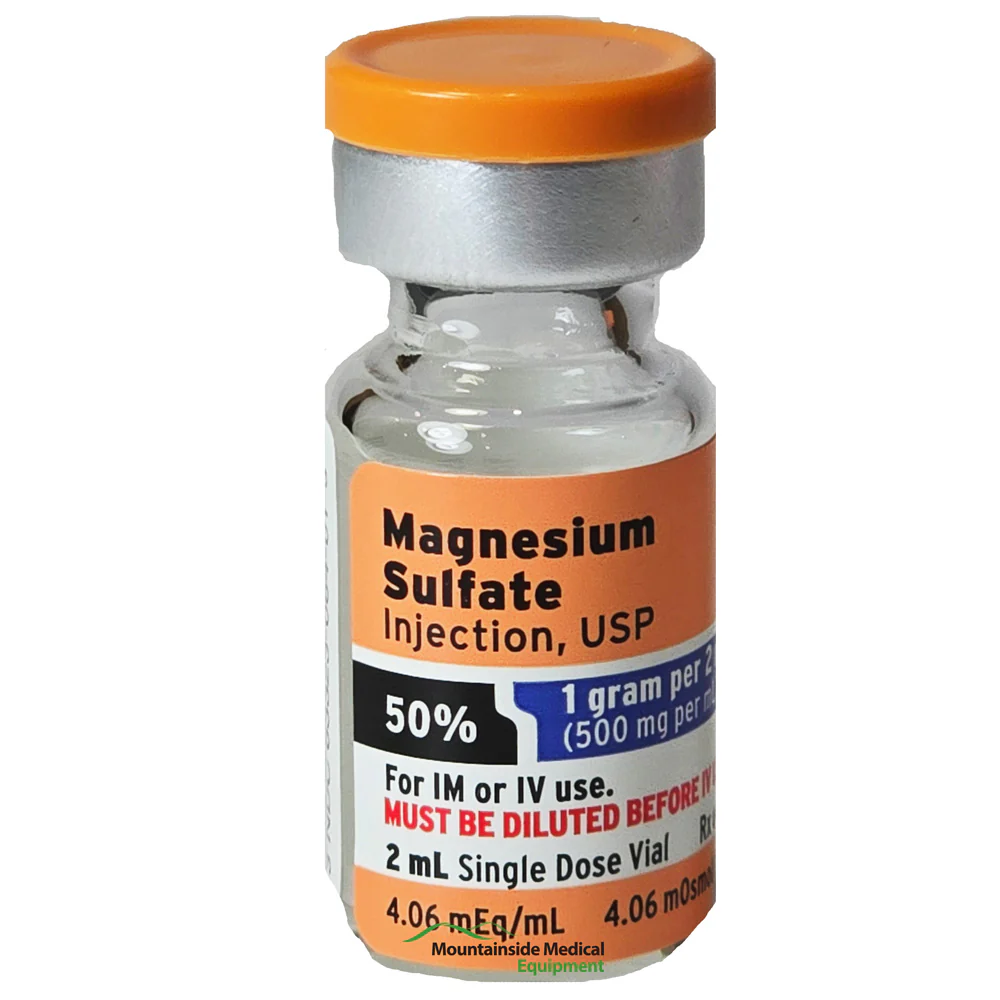

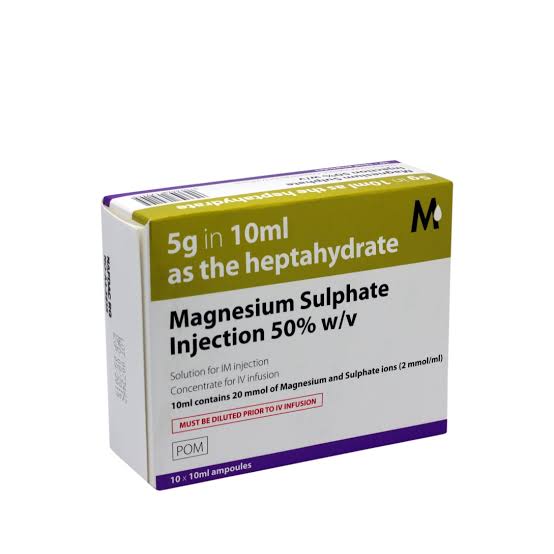

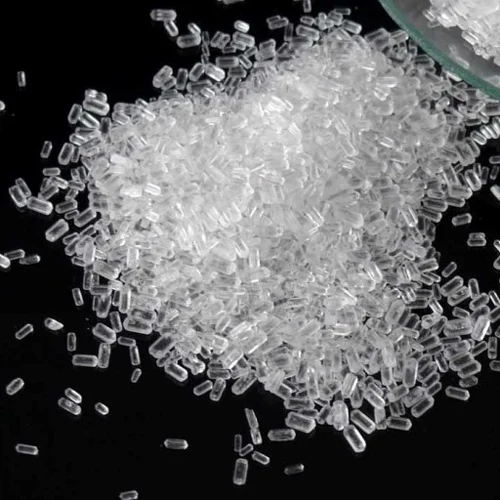
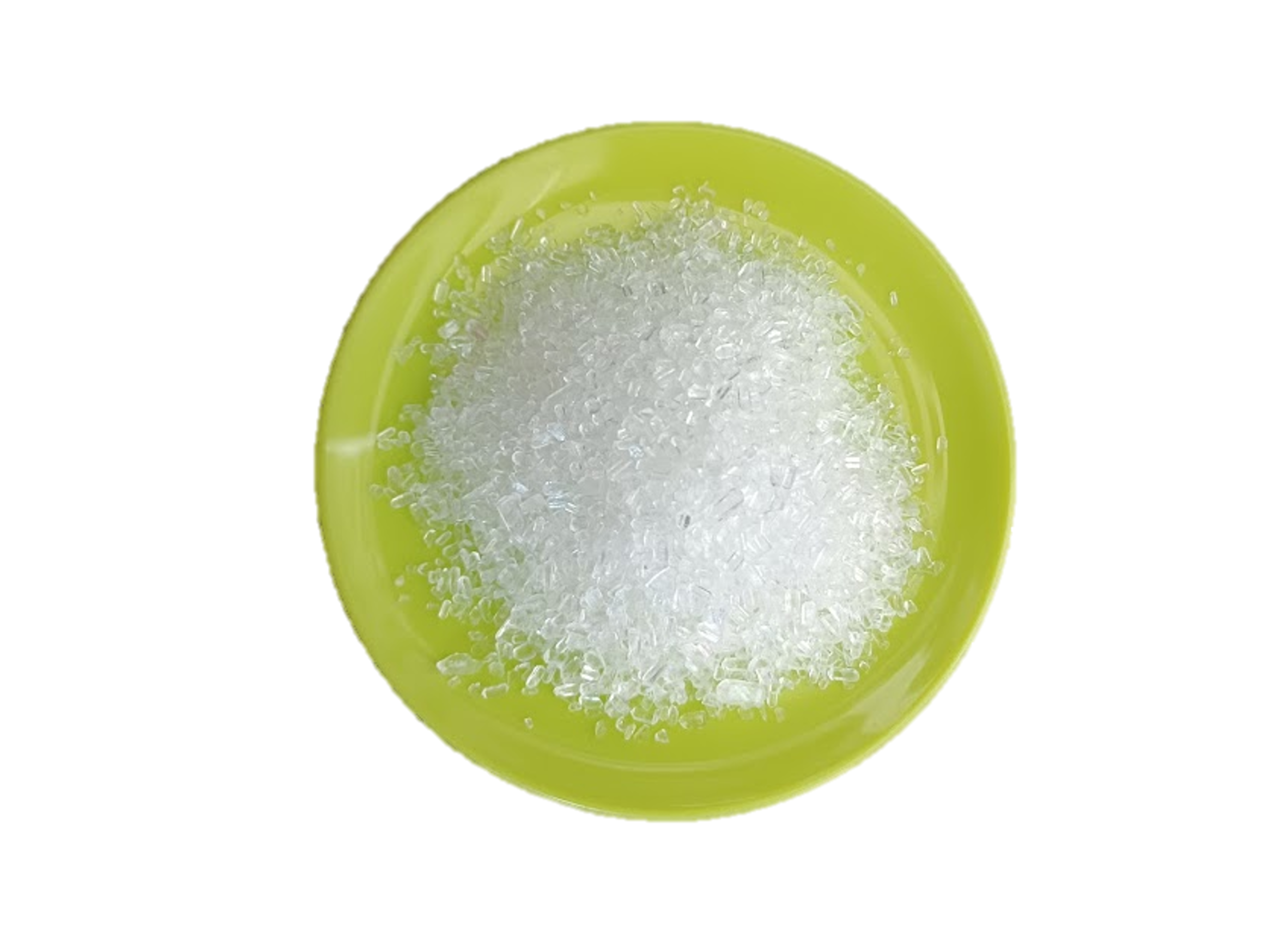
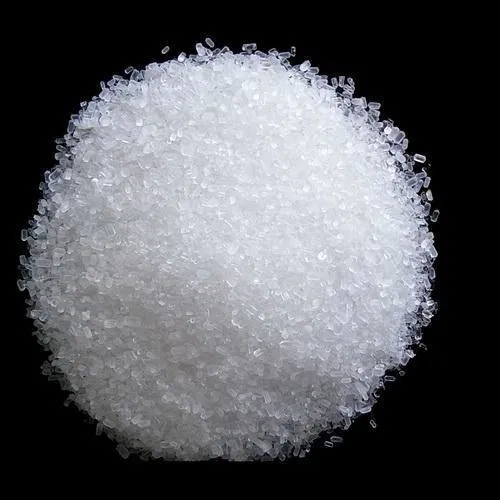

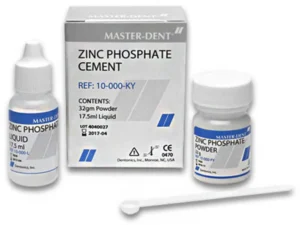
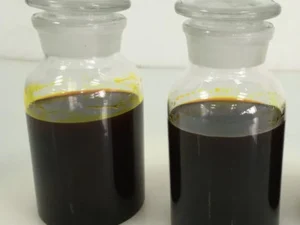


Reviews
There are no reviews yet.